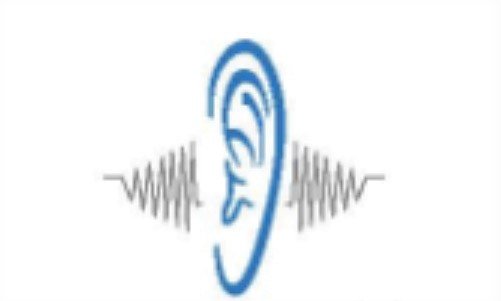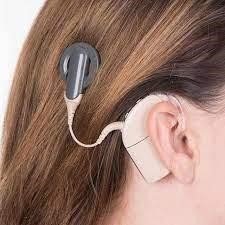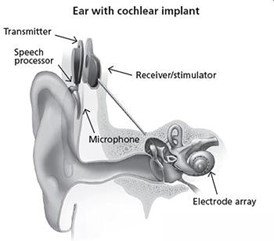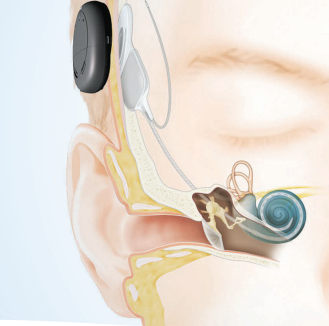Untreated Hearing loss is a silent disability that affects not only the patient, their families and our health economy.
Hearing loss and links to dementia. Untreated hearing loss is linked to increased risks of social isolation, withdrawal, cognitive decline and dementia.
There is hope beyond hearing aids. Cochlear and other auditory implants are recognised standards of surgical care that can restore your hearing and enhance your communications with your loved ones.
How do Cochlear Implants work?
Cochlear implants are the most widely used implants and are indicated in a large pool of patients with hearing loss. It is a small electronic device that electrically stimulates the cochlear nerve and replaces damaged sensory hair cells inside the inner ear. Unlike hearing aids, which mostly make sounds louder, Cochlear implants may further improve sound clarity and enhance the ability to understand conversations.
It is now internationally recognised as the standard of care when conventional hearing aids are no longer useful. Middle ear implants and bone-anchored devices are also TGA approved and are useful in specific ear conditions.
A Cochlear implant system consists of two components:
The external sound processor sits behind the ear and picks up sounds with a microphone (Figure 1). It then processes the sound and transmits it to the internal component of the implant. The processor has been updated with advanced speech and sound processing technology over the years.
The internal component of the implant is inserted under the skin and attached to an electrode array placed in the inner ear (Figure 2.)
Could you be an implant candidate?
Are you hearing loud sounds but no clear words with your hearing aids?
Do you have an ear condition that prevents you from wearing conventional hearing aids?
Have you suffered a sudden or gradual single-sided severe -profound hearing loss that did not recover?
Cochlear and other hearing implants are an option for people of all ages. Advancing age does not prohibit surgery. The Implant Team assesses audiological, medical, cognitive and surgical candidacy. The team typically includes the surgeon, audiologist, anaesthetist and perioperative/Geriatric physician doctors.
We understand the impacts of untreated silenced ears on individuals and their families.
With services and expertise now available close to home for local Hills and Nepean Blue Mountains patients, the process of getting a Cochlear implant and other hearing implants services come with fewer barriers than patients may expect.





